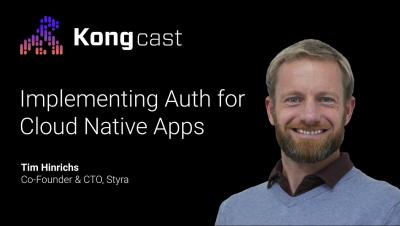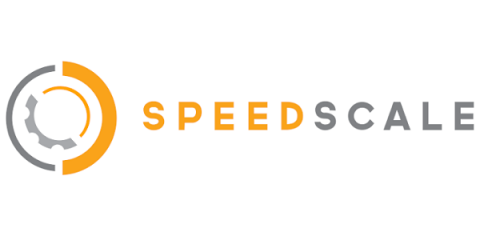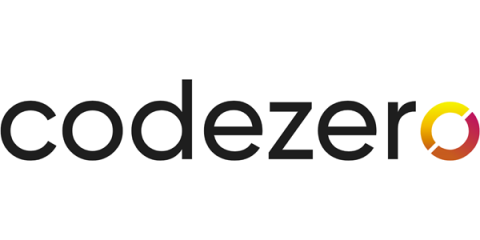Enterprise Hybrid-Cloud Stack: Consistent Kubernetes Experience Across Multicloud
Organizations today face challenges from rapidly changing markets, new technologies, and the need to build new modern apps running in a multicloud environment. For this reason, business leaders are demanding faster delivery of new applications, services, and insight, requiring greater agility and efficiency from IT. Enterprises, rightly so, are investing in modernizing their on-premises infrastructure with increased use of the cloud.











